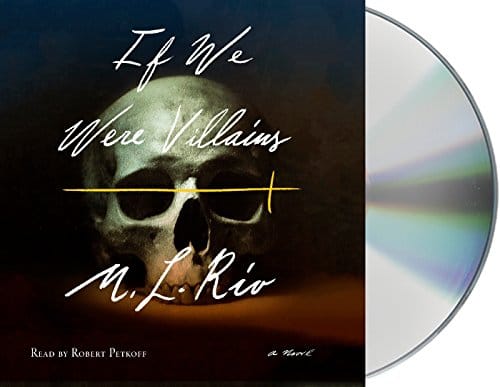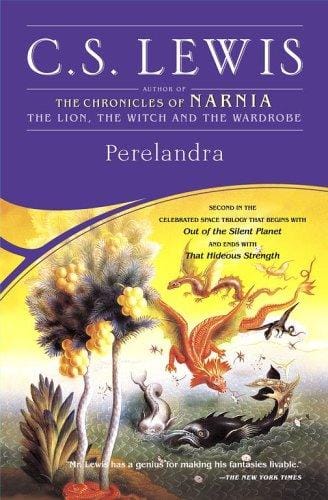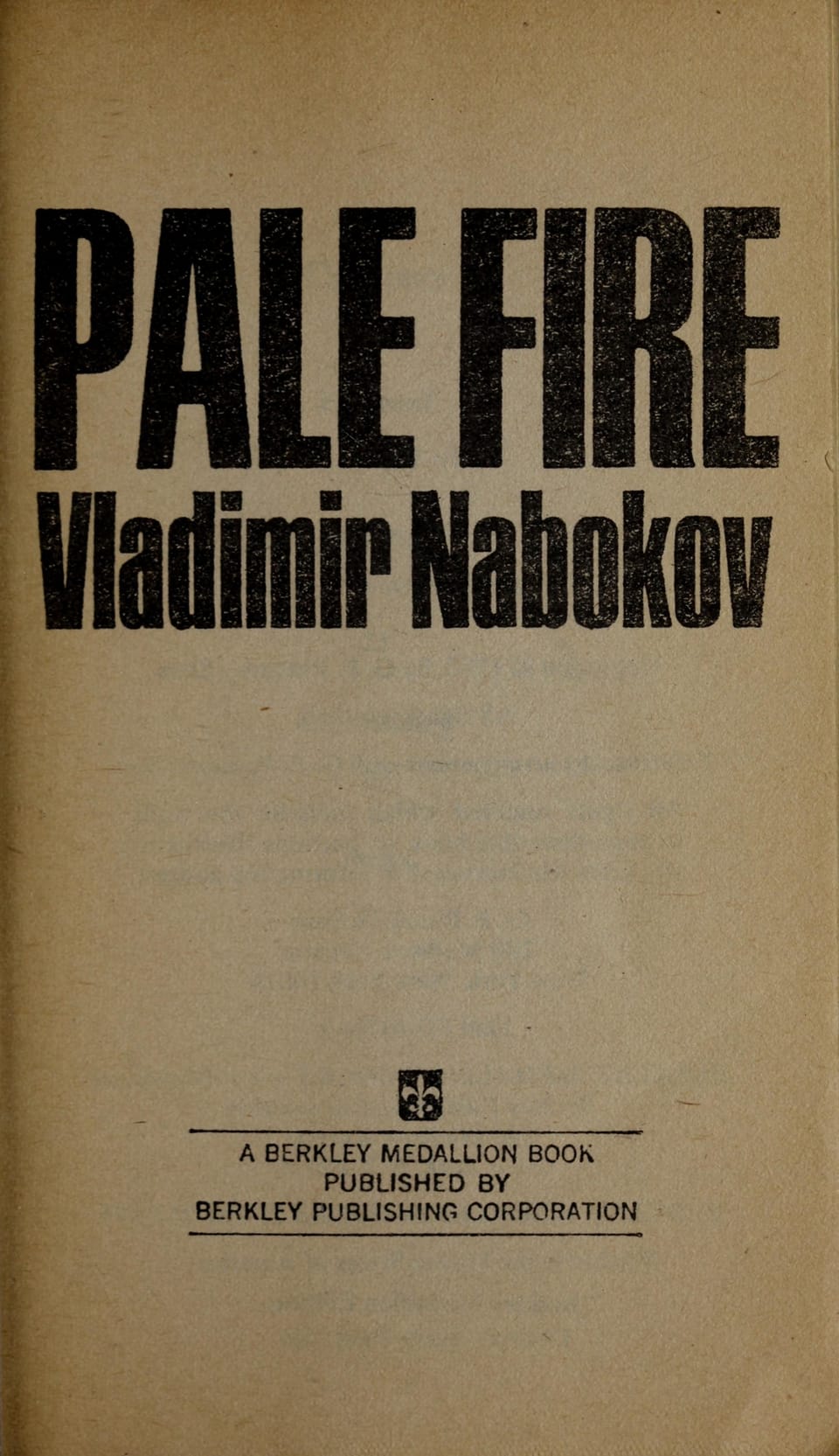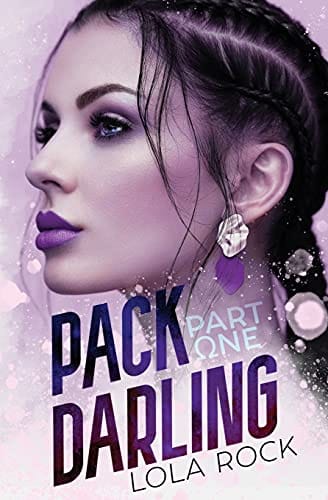Unmasking the Tragedy: A Deep Dive into If We Were Villains
Explore the intrigue, Shakespearean drama and dark academia allure of M. L. Rio's 'If We Were Villains' in this in-depth, spoiler-light review and analysis.

Introduction
Since its publication in 2017, M. L. Rio’s debut novel If We Were Villains has quietly evolved from a cult favorite into a must-read cornerstone of the growing dark-academia movement. Blending the razor-sharp dialogue of a campus thriller with the timeless resonance of Shakespearean tragedy, the book seduces readers with an intoxicating mix of ambition, friendship, betrayal and blood. This article offers an 800-word, spoiler-light exploration of the novel’s plot, themes and enduring appeal, explaining why so many literature lovers place it on the same shelf as The Secret History and Ninth House.
Plot Overview (Spoiler-Light)
The story opens with Oliver Marks, freshly released from prison after serving ten years for a crime that still haunts him. Before he can reclaim any semblance of normal life, he is confronted by Detective Colborne, the policeman who originally investigated the case. Their tense reunion is the frame narrative that propels us back a decade to Oliver’s senior year at the elite Dellecher Classical Conservatory. There, he and six other Shakespeare-specialist acting students live, study and perform together in a cloistered, pressure-cooker environment where art and reality blur. As casting decisions shift and egos collide, the group’s once-unshakable bond fractures, ending in violence on a moonlit lake. The novel then traces the psychological fallout, charting how loyalty curdles into secrecy and how carefully rehearsed lies become the most dangerous performances of all.
Shakespeare Woven Into Every Line
What differentiates If We Were Villains from more conventional college mysteries is Rio’s seamless integration of Shakespeare’s language, structure and sensibility. Quotations from Julius Caesar, Macbeth, King Lear and, most prominently, Romeo and Juliet appear organically in the characters’ daily conversations, as though Elizabethan iambic pentameter were a private code no outsider could decipher. This intertextuality serves multiple functions: it underscores the students’ immersive dedication to their craft, mirrors the escalating stakes of the plot and foreshadows the tragic trajectory awaiting them. Even readers who do not have every monologue memorized will sense the ominous rhythm of fate tightening around the cast.
Themes of Performance and Identity
Rio’s thesis is clear: to perform a role often means becoming it, sometimes with catastrophic consequences. Each of the seven students has been typecast for so long—hero, ingénue, tyrant, fool—that when the school’s director abruptly reshuffles their usual parts, the fragile equilibrium shatters. Questions erupt: do we choose our roles in life, or are they imposed upon us? Where is the boundary between authenticity and artifice? By staging the characters’ crisis through the prism of Shakespearean theater, the novel dramatizes how easily one can lose oneself in a mask designed for applause. Oliver’s own narration is tinged with uncertainty, inviting readers to wonder whether he is still acting even as he confesses.
The Allure of Dark Academia
Gothic architecture, autumnal campuses and late-night rehearsals by candlelight make If We Were Villains catnip for dark-academia enthusiasts. Yet Rio resists mere aesthetic indulgence. Behind every leather-bound script and Latin inscription lies a critique of elitism and competitive art schools that prize genius over well-being. The novel asks: what happens when a community convinces itself that brilliance justifies cruelty? By situating the drama within a privileged microcosm cut off from the outside world, Rio amplifies both the intimacy of the friendships and the horror of their unraveling.
Character Dynamics That Crackle
Oliver may be our narrator, but the ensemble truly shines. There is the mercurial Richard, born to play monarchs; the radiant yet brittle Meredith, fatally adept at wielding desire; earnest Filippa, who sees more than she lets on; and charismatic James, whose depth of feeling renders him both muse and martyr. Rio’s background in Shakespearean performance informs her nuanced portrayals: the students’ rivalries extend beyond simple jealousy, tapping into centuries-old archetypes that still rule theatrical hierarchies. As the narrative tightens, every shared glance on stage doubles as a coded message, every prop a possible weapon.
Why Readers Keep Returning
Few literary thrillers invite multiple rereads, yet fans of If We Were Villains often report savoring it again and again. On a first pass, the driving question is whodunit—though Rio’s pacing is so deft that you might forget to breathe while turning pages. On subsequent visits, the novel’s labyrinth of textual echoes, thematic mirroring and carefully planted symbolism reveals deeper layers. Critics sometimes debate whether the students’ devotion to Shakespeare strains credibility, but devotees counter that obsessive passion is precisely the point. In a hyper-curated conservatory, where technique is worshipped like religion, extremity feels not only believable but inevitable.
Perfect Pairings and Further Reading
If the book leaves you hungry for more atmospheric academia, consider pairing it with Donna Tartt’s The Secret History, Leigh Bardugo’s Ninth House or Tana French’s The Likeness. For additional Shakespeare-inspired suspense, Joe Calarco’s play Shakespeare’s R&J and Iain Reid’s novel I’m Thinking of Ending Things offer kindred chills. Meanwhile, Rio’s own forthcoming projects promise to expand her exploration of art, morality and obsession—making now an excellent time to acquaint yourself with her debut.
Conclusion
If We Were Villains is more than just a murder mystery set on a picturesque campus; it is a meditation on the transformative power of performance and the thin, heartbreaking line between devotion and destruction. By fusing Shakespeare’s timeless tragedies with modern anxieties about ambition and belonging, M. L. Rio delivers a story that invites both intellectual analysis and visceral reaction. Whether you come for the twisty plot, the quotable prose or the aching portrayal of friendship turned fatal, you’ll leave contemplating the roles we all agree to play—and the havoc that ensues when the curtain finally falls.



